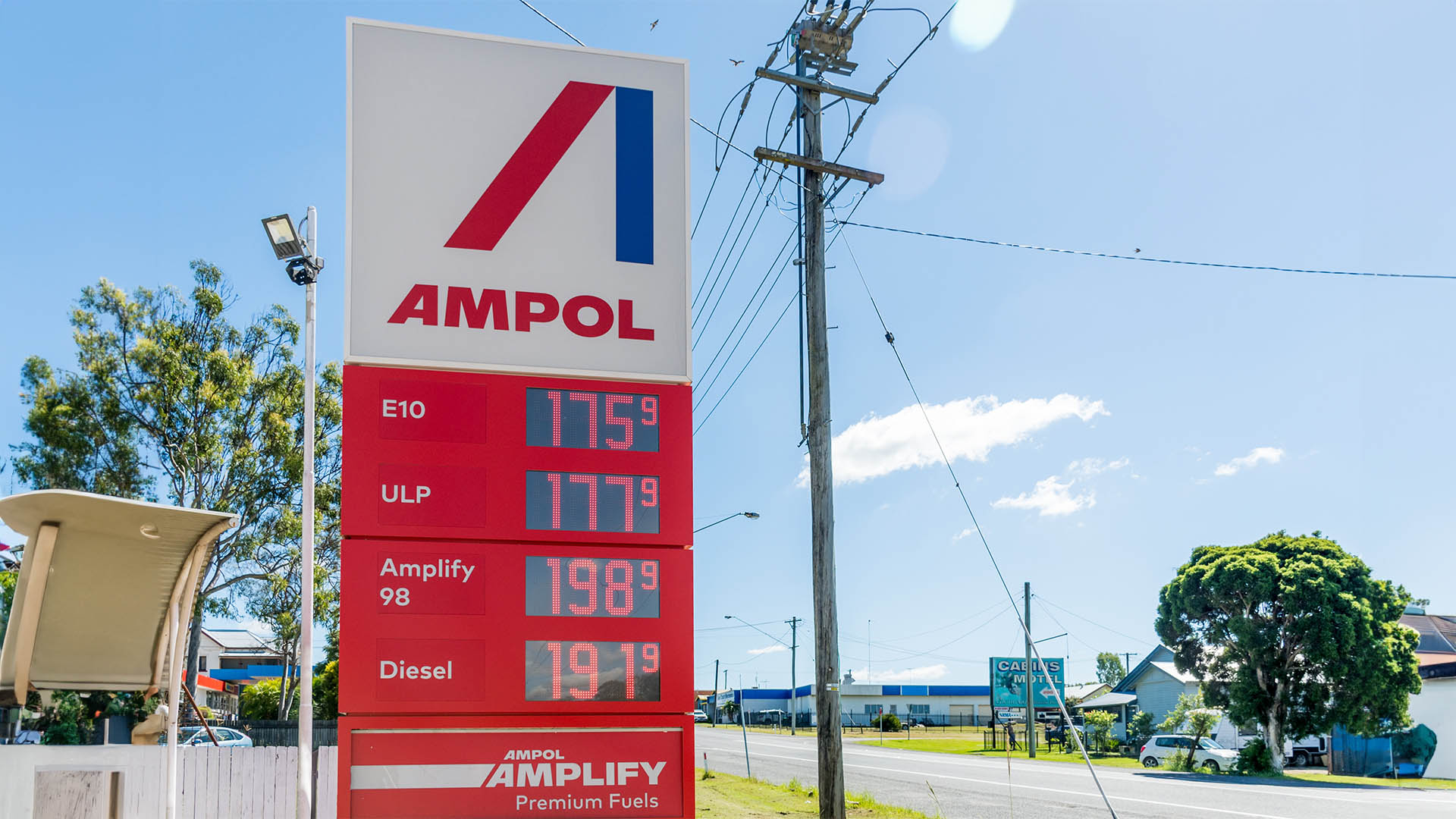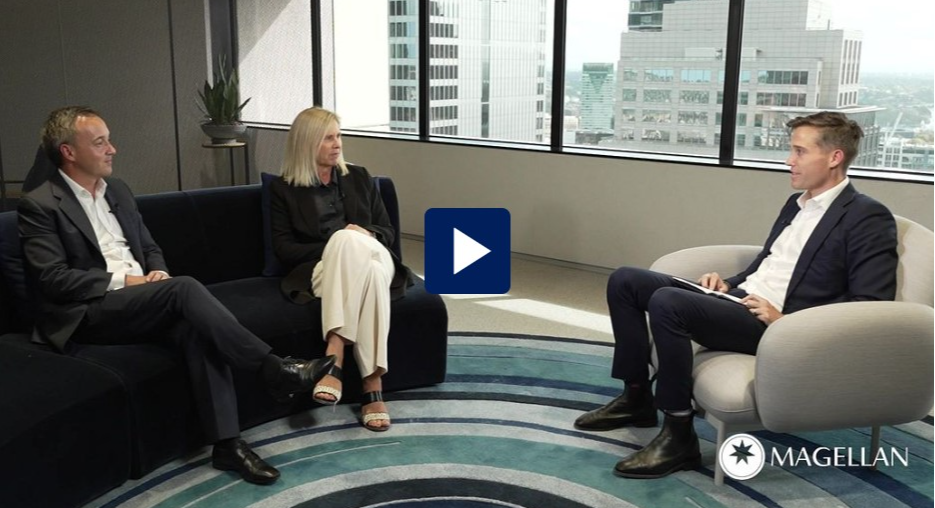by Pete Morrissey – Manager, AREIT Fund
With enduring lockdowns and more variants, I’m relieved last year is over. Whilst the impacts were significant, they didn’t derail the AREIT recovery. In 2021, the sector returned 27.0%1, outperforming the ASX300 equity index, which returned a more than respectable 17.5%1, by a staggering 9.5%. This outstanding performance would have surprised a few who believe REITs will underperform in a rising interest rate environment.
This year has got underway with yet more volatility, driven by fears of inflation, rising rates and the Russian invasion of Ukraine. Against this chaotic backdrop, AREITs are showing the kind of earnings resilience that differentiates them from other asset classes.
This was one of the lessons from the reporting season just ended. Most AREITs are in a good financial position and are recovering strongly (those most impacted) from the pandemic. With defensive cashflows that grow annually through fixed or CPI-linked rent increases, investors can rely on a level of inflation-proofing to the relatively high distributions AREITs offer.
This reporting season demonstrated the qualities AREITs are known for. The AREIT sector has survived the pandemic even with Government intervention through lockdowns and mandated tenant support creating uneven playing field for landlords based on asset type.
In thinking through the results from the period, I think there are six big learnings for investors considering where they can get an attractive, sustainable income streams in the years ahead:
Key themes
1. The office is not dead but it is changing:
Higher leasing volumes are a powerful sign that tenants are looking beyond the pandemic with confidence. Still, from the durability of work-from-home to new office densities, much is yet to be worked through. We’re treading carefully in this area, with a preference for high quality, well-located buildings with long-lease tenants. As we have regularly stated, the office is not dead but it is adapting.
2. Retail is bouncing back:
Retail leasing enjoyed a significant improvement. With more completed deals, there was a reduction in the level of negative leasing spreads. Both are a sign of growing retailer confidence, although this has led to an increase in leasing and maintenance capital expenditure. Whilst this had an impact on earnings, some of this can be attributed to a Covid catch-up, the rest to a greater focus on development – another positive sign but as we have seen over the past two years it won’t be plain sailing. Large malls are available at attractive prices right now, offering cashflows underpinned by diversified pools of quality tenants in locations with high barriers to entry.
3. Residential taking a breather:
This sector has always been a minor component of the APN portfolio but with inflation expectations increasing and the prospect of rising rates, to say nothing of existing high residential house prices, we’ve been reducing our exposure.
4. Mixed-use a potential game-changer:
This was most notable among large mall landlords, but opportunities exist across other portfolios. There is significant mixed-use potential in many commercial property assets. For example, formerly dedicated office towers now incorporating retail and residential operations. Tapping into it could be a game-changer for some AREITs in the years ahead.
5. Interest rate risk is limited:
While sector gearing rose modestly to 25%2, it remains low by historic standards. Relatively high levels of hedging further limit exposure to rising floating rate debt costs. And, as we’ve previously stated, Conventional wisdom is wrong. Rate rises are good for property trusts.
6. The best opportunities aren’t where you’d expect:
Non-core real estate, which covers everything from childcare centres and healthcare properties to pubs, rural properties and storage locations offers diversification but also value, which is why the APN AREIT Fund has an above-market exposure across these sectors.
Whilst the fund has performed well over the past year, we’re even happier with its current positioning. Moreover, we’re finding attractive opportunities as we move through the COVID-19 recovery and into the volatility of the next unknown.
Let’s now take a look at the performance of the major AREIT sub-sectors:
Retail sector
Large mall landlords Scentre Group (ASX:SCG), owner of Westfield shopping centres, and Vicinity (ASX:VCX), owner of Chadstone and the DFO centres, enjoyed marked improvements in their earnings. This was despite the omicron-induced lockdowns of last year.
Scentre, which operates on a calendar year financial period, offered distribution guidance that was 5.25%3 higher for 2022 while Vicinity indicated over 5.0%3 growth in distributions in the second half of the 2022 financial year. These stocks are yet to return to their pre-Covid earnings level but, trading at around 20%2 below their net tangible asset (NTA) value offer excellent long-term value. We are thus increasing our exposure to large/discretionary malls but with caution due to the current elevated market risk.
Other retail sub-sectors like convenience, neighbourhood and large format have prospered during the pandemic and continue to do so. Results from CharterHall Retail (ASX:CQR) and SCA Properties (ASX:SCP) were excellent, driven by a high percentage of supermarket and long lease tenants. Whilst we are overweight both, CQR trades at a 6.0%2 distribution yield and an 9.0%2 discount to NTA. It offers value and income, which is why we have a marginal preference for it over SCP.
Office sector
The impacts of the uncertainty around work-from-home (WFH) have endured with office REITs delivering the lowest return over the second half of 2021. Whilst there has been regular transactional evidence and high rent collection levels to shore up confidence, doubts remain.
A clear trend is that higher quality, well-located assets (both in CBD and metro locations) are better positioned to adapt to new trends and are well situated for the next cycle. With several office landlords trading at discounts to NTA but with above the AREIT sector average distributions, investors are being compensated while they wait for the clouds to clear. Overall, though, this is a sector in transition.
Industrial sector
The seemingly endless demand for industrial space continues. Australia-focused Centuria Industrial (ASX:CIP) had another good result with NTA increasing by 10%3 and the company upgraded earnings. The mighty Goodman Group (ASX:GMG) delivered earnings 12%3 ahead of market consensus and upgraded its earnings to 20%3 growth over FY21. This was arguably GMG’s best result and yet the stock was one of the poorest performing AREITs over reporting season falling 4.1% for the month.
Investors have shown a preference for the undervalued office and retail sectors and their higher distributions. While industrial remains the sector to own, blue sky expectations are being tempered by the changing economic environment.
Residential sector
With concerns over rising interest rates and their cooling effect on the residential sector, AREITs with residential exposure have been hit by a negative change in sentiment. Stockland and Mirvac are seen as proxies for residential underperforming in the six months to December 2021 as concerns of rising interest rate impacts on house price grew.
And yet most of their earnings come from rental income from their commercial real estate portfolios. The recent sale of the Stockland retirement business and the improving outlook for Mirvac’s apartments, due to low supply and affordability, suggests sentiment may change once again, perhaps with an election a possible near-term catalyst.
Alternative asset class sector
It was great to see another period of good performance from the alternative asset classes. Childcare-focused Arena (ASX:ARF) and CharterHall Social Infrastructure (ASX:CQE) continued to perform well, with the sector effectively underwritten by the Government (an increase in the Childcare Subsidy occurred on 7 March 2022 was more good news). Neither stock is cheap but their long lease terms deliver sustainably growing, predictable earnings that are a staple for a broad range of investors.
Healthcare is an asset class we really like and the recently listed Healthco (ASX: HCW) is the best way to gain exposure to it, although this AREIT also owns child and aged care assets. The stock listed at $2.00 in September last year, hit a peak at $2.40 and now trades at $1.872.
The price decline has been a surprise. While not a pure healthcare REIT, it has an admirable growth trajectory via acquisitions (about 1% gearing enables up to $250m in debt-funded purchases), or a pipeline of development in health-related assets over the next three years. Growth in earnings and net tangible assets should follow, along with capital value appreciation from cap rate compression in the existing portfolio. There are many good reasons to accumulate this stock on weakness, not least the megatrends such as population growth/aging, growing healthcare expenditure and medical technology evolution supporting this sector for many years into the future.
Pubs and self-storage have also performed well. Hotel Property Investments (ASX:HPI), in which we hold an overweight position, is the only pure-play pub AREIT. Despite NTA rising a staggering 15.8%3 over the half, based on current pricing shareholders can still enjoy a 5.9%2 distribution yield.
As for self-storage, it has benefitted from multiple factors through the pandemic, from the boom in residential markets to the growth in online shopping. Abacus Property (ASX:ABP) and National Storage (ASX:NSR) both enjoyed a healthy share price appreciation in the six months to December 2021, driven by strong operating metrics. The outlook for assets of this nature appears sound due to their adaptability of use with further consolidation also prospect.
All up, this reporting season offered more proof that in a market environment where dynamics are changing at warp speed and the only certainty is uncertainty, the simplicity and predictability of AREIT earnings remains a core strength of the sector.
The APN AREIT Fund is an income focused, award winning property securities fund that invests in a portfolio of listed Australian Real Estate Investment Trusts (AREITs). It seeks to provide investors with a consistent, relatively high level of income combined with some capital growth.
ENDNOTES
1. Source UBS/S&P/ASX
2. Dexus-APN calculation as at 08 March 2022
3. Source Company announcement













